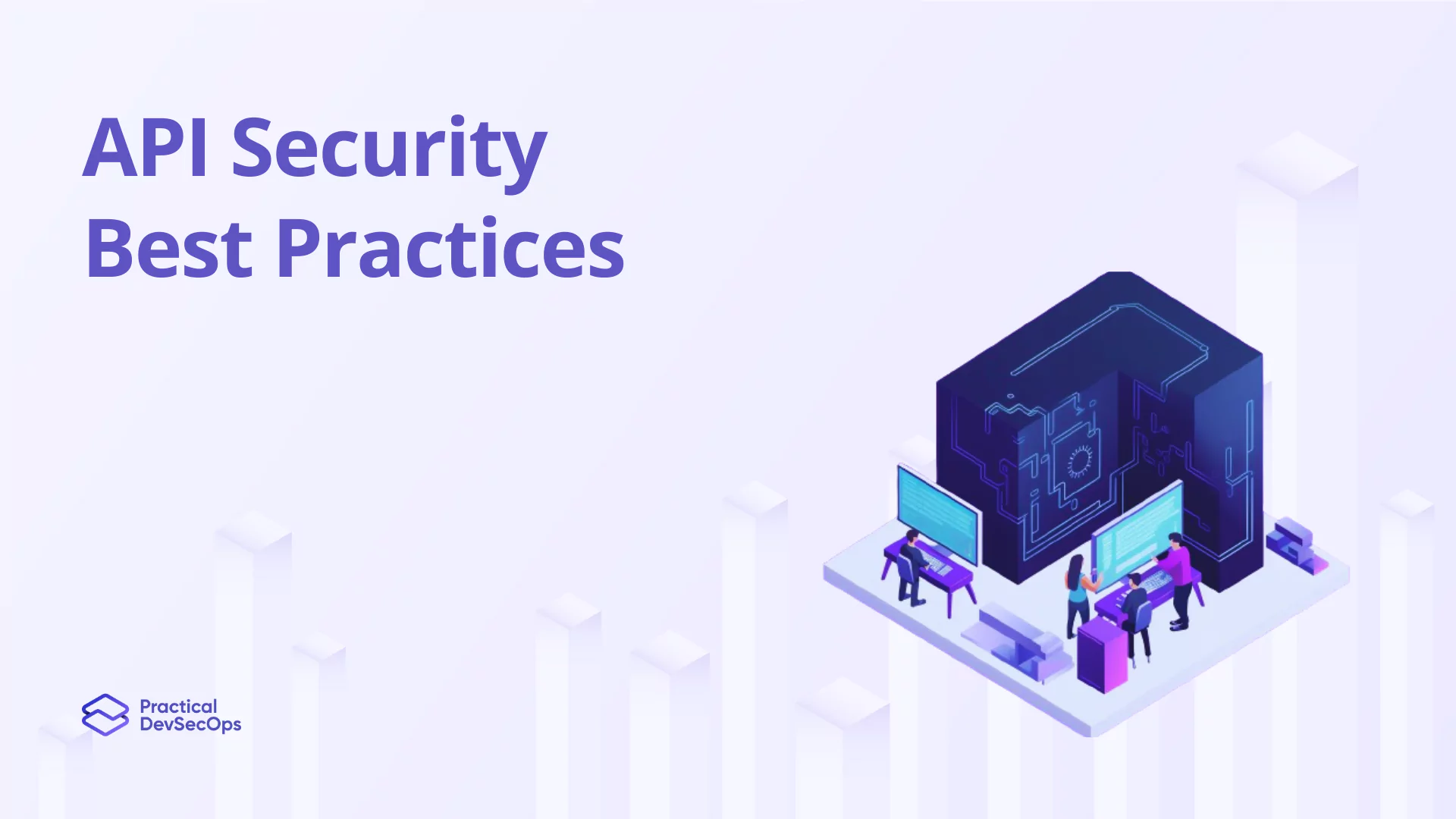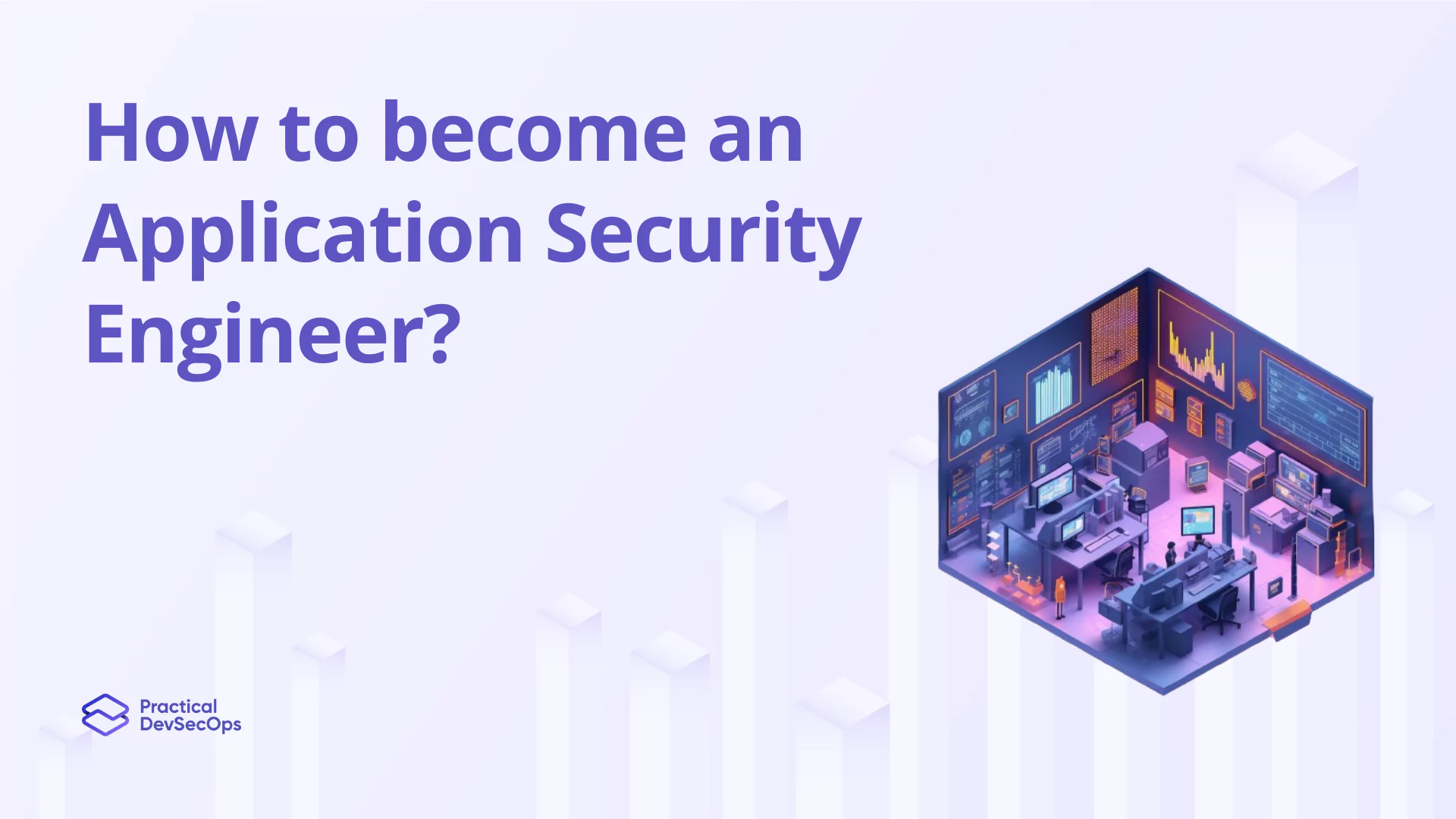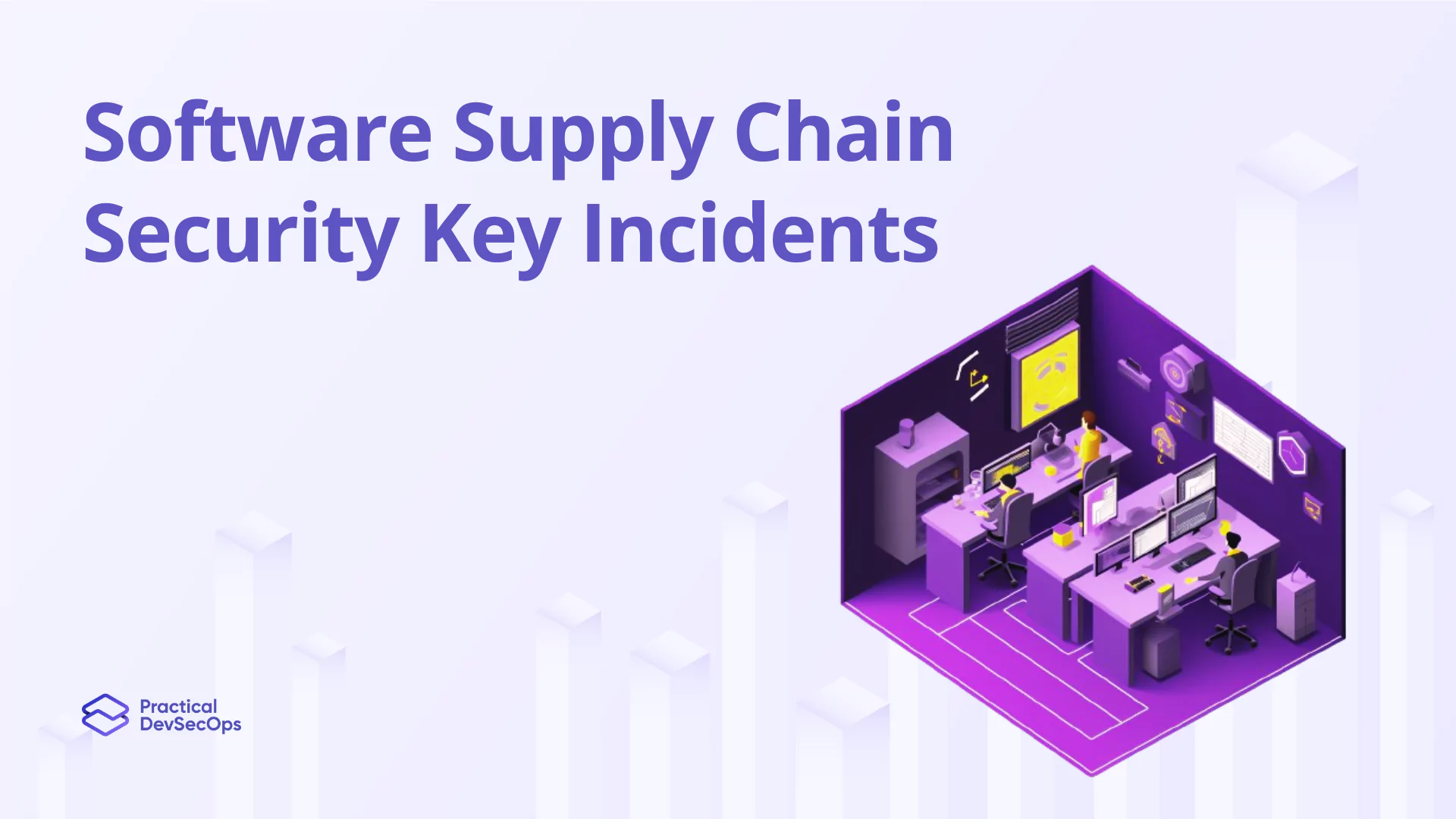API security stands as the imperative element in the DevSecOps process and is critical for product security professionals, giving the much-needed protection for data and functionality exposed by interfaces. As applications lean more towards the use of APIs for communications, the security of those APIs really needs to be considered.
This blog shall elaborate on some of the best practices in API security and detail the tangible benefits of hosting an API security certification. To further implement and understand those practices, a lot of help is done toward improving your application security posture and building your career in IT security.
Understanding API Security
API security refers to the practice of securing data flowing through an application programming interface (API). Modern application production uses APIs to interact with other software applications, making them a necessity but also a very soft attack vector.
Common threats include unauthorized data access, breaches of sensitive data, and denial of service attacks. Thus, a suite of effective API security measures is an essential way to avoid such vulnerabilities and ensures that APIs are safe vessels for data transfer, thus facilitating strong application functionality without compromising security.
Also Read about API Security Trends in 2024
Key Principles of API Security
Effective API security greatly relies on a few basic principles. First, least privilege access ensures that every part communicates with the API in only the scope that is necessary for its function, thus reducing damage from possible breaches.
Second, data encryption ensures safe conveyance and rest of the data and guards it from possible interception.
Third, regular auditing and monitoring identify and repair the vulnerabilities in time. Adherence to these principles greatly diminishes the risk of common security issues like data leaks, unauthorized access, and service disruptions, hence fortifying the overall security posture of applications.
Also Read about How to Ensure API Security While Maintaining Developer Productivity?
Best Practices for API Security
Securing APIs means building roadblocks so that those not authorized cannot step near to breach your data. Some of the best practices in securing APIs are:
- Robust Authentication and Authorization: Utilize some best practices by means of standards such as OAuth for access control and API keys for uncomplicated but effective transactions.
- Extensive Testing of APIs: APIs should be tested regularly to validate the security measures and vulnerabilities, and patched at the earliest.
- Continuous Monitoring: Monitor API usage continuously and respond to any suspicious activity in real time.
- Rate Limiting: Rate limitations need to be imposed in order to reduce abuse and risks concerning denial-of-service attacks.
- Secure Coding Practices: The APIs are to be developed bearing in mind the factor of security, and one can follow the procedures proposed through the implementation of secure coding guidelines in preventing the common vulnerabilities.
- Use API Gateway: Implements an API gateway to manage, monitor, and secure API traffic in order to provide another layer of security to the APIs.
- Regular Updates and Patch Management: Software should be regularly updated with the latest available patches and updates, since this is one way of reducing the attack surface of software and hence the attack vectors.
Tools and Technologies for API Security
Defenses and security management can be staged and streamlined by a variety of tools and technologies that should be considered in enhancing API security:
- API Gateways: An API Gateway provides an abstraction or protective layer in front of APIs, managing authentication, traffic control, and policy implementation. They offer a consolidated place for security management functions and help in abstracting security management.
- Security Scanners: These may include OWASP ZAP and Burp Suite to detect vulnerabilities in APIs by running automated scans and attack simulations.
- Web Application Firewalls (WAFs): A WAF can be used to block any malicious traffic that does not manage to be eliminated based on more specific rules and patterns.
- Static and Dynamic Application Security Testing (SAST/DAST): SAST deals with the source code, while DAST deals with the running applications.
In a typical DevSecOps workflow, these can easily be integrated into the continuous integration and deployment pipeline in order to assure security checks and defenses have automatically become part and parcel of every build and release cycle, therefore maintaining the security at every stage of the development process.
Also Read about Best API Security Books in 2024
Benefits of Enrolling in API Security Certification
The benefits of API security certification to IT professionals include:
- Skill Validation: Certification is one of the well-regarded benchmarks that help in proving oneself in API security, defining one as capable of protecting applications effectively.
- Career Development: Professionals who have been certified find many more job opportunities and higher roles within the organization, as their skills have been certified for dealing with challenging security issues.
- Credibility: A specialized certification does nothing less than enhance credibility before peers and management, establishing a knowledgeable expert in the field.
- Learning: These certification courses will keep you motivated toward continuous learning and updating the mind with the latest security practices required to survive the changing tech landscape.
An API certification course boosts not only professional skill sets but also opens the way to advanced career opportunities in the security and development domain.
Also Read about our New API Security Professional Course
Preparing for an API Security Certification
Successfully preparing for a certification in secure API means that you should be employing a strategic approach.
- Comprehensive Study Material: Make use of all the official study guides and available resources from the certification authority. Supplement these with reliable third-party books and online tutorials.
- Practical Experience: Hands-on practice is very much important. Set up test environments to experiment with the configurations of API security and tools.
- Online Courses and Workshops: Engage in online courses and workshops that drive focus on API security to increase your understanding and skills.
- Mock Exams: At the moment, take practice exams for the purpose of getting well-prepared for the exam format and to know the areas that you need to pay more focus on.
Conclusion
With this, API security does not require much. This is a mandatory skill to possess by any DevSecOps and security professional. API security best practices help professionals secure their applications against these many threats that jeopardize the integrity and privacy of data every day. More than this, however, API security certification is another strong testament to one’s competency, expanding one’s career opportunities and enhancing one’s professional credibility.
Looking to Enhance Your API Security Skills?
Discover our top-notch Certified API Security Professional (CASP) course at Practical DevSecOps. Gain hands-on experience through interactive browser-based labs, receive round-the-clock instructor support, and access premium learning materials for advancing your API security expertise.
Begin your API security mastery journey now with Practical DevSecOps!






0 Comments